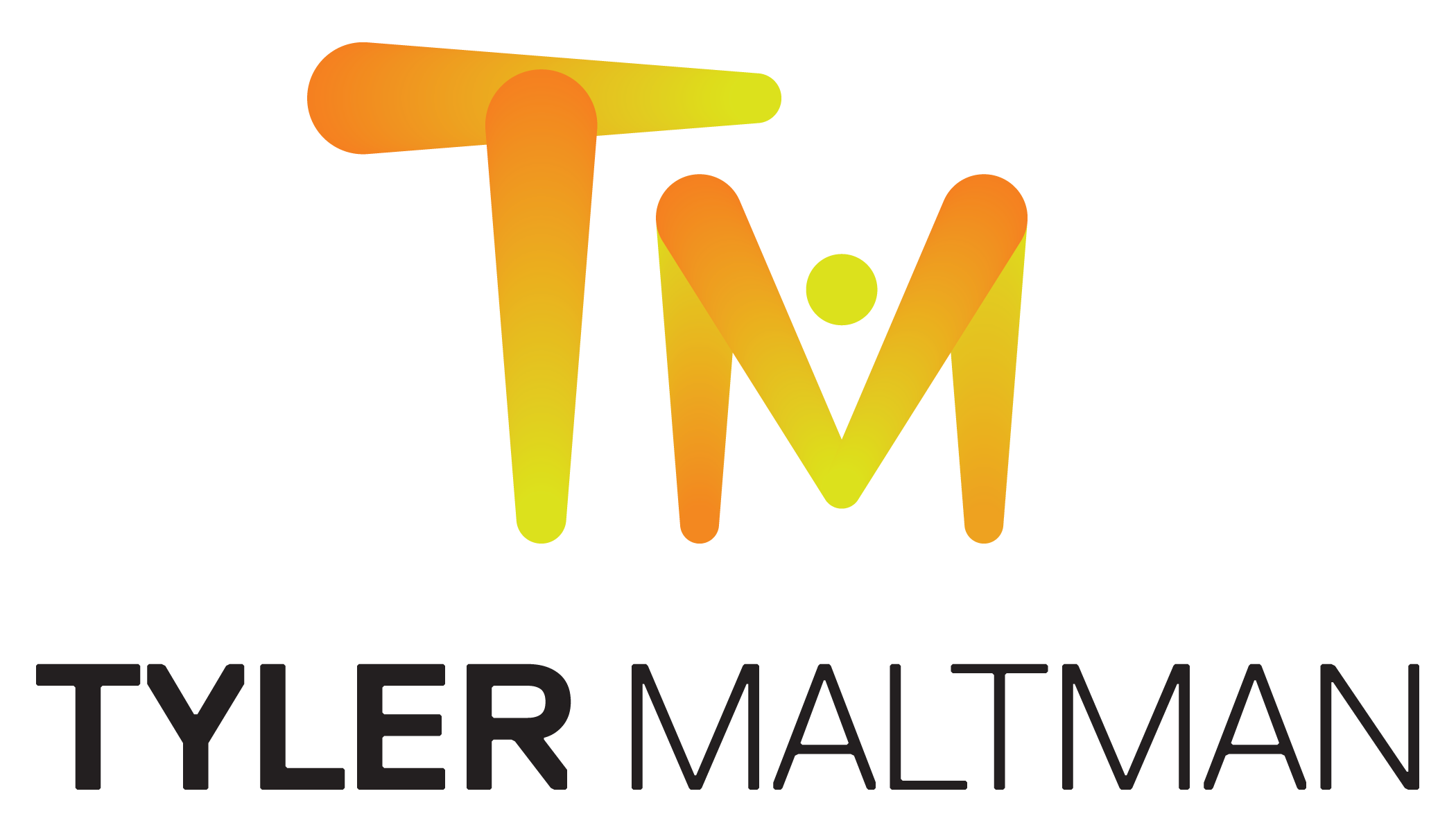Back to “Reality” – Stockholm, Sweden Round 2.
The Royal Guards stood like manikins, focusing their awareness on anything that might jolt them into action.
March 11-14, 2012
The car ride back to Stockholm gave me the opportunity to discuss the many challenges of the course with four other people. One thing that resonated with everyone was how we all constructed judgments of other people during our time in silence, which proved incredibly misguided when we were finally able to speak on our last day. Until you get to know people on a personal level, how can you ever trust the ideas you have about them?
???
The modern art museum was closed the day I went to explore but these outdoor creations made the walk worth while.
I was nervous and excited when I was dropped off downtown, because I knew my email would reveal where I had been matched for my family medicine residency. The results were posted on March 6th, so I was pondering for a few days where I might be moving. I was stoked to discover that I’ve been matched to Victoria! Vancouver Island is so beautiful, and I am excited to live in a place where you can both surf and snowboard, all within a few hours of the city. All of the residents I met from the Victoria program during my interviews seemed really happy and pleased with the program. I am really looking forward to continuing my formal medical training starting this July.
After ten days of silence everything was very interesting to observe, especially the natural motion of the ocean.
My friend Thomas from Austria gave me the information of his buddy who lives in Stockholm, and his friend graciously welcomed me into his home. Per is a documentary photographer who just completed a ten-day Viapssana course a few years previous in India, so we had very interesting and stimulating conversations during my visit. His girlfriend is a social worker who works with criminals trying to deal with their issues before they end up in jail. Discussing her work reminded me how weird it is that our society undervalues all of the most important occupations like social workers, teachers, nurses, firefighters, and police, and pay ludicrous figures to the least useful people, like bureaucrats, professional athletes and actors. There is a constant struggle to find money for social programs that help people who are just scraping by.
I wonder how close the statues matched the actual physiques of the people they were sculpted after?
For the money-minded, there is evidence that helping these people makes economic sense. But there is this perverse idea that certain people are weak and simply choose to live a life in the gutter. But who would ever choose that? Almost everyone makes choices that are dangerous at some point, whether it’s driving home drunk, running a red light, dabbling in drugs, or sexual promiscuity, and in many cases they don’t suffer any consequences. What’s baffling is that these same people judge those who failed to get away with the very same behavior.
This photo shows the course for the annual “Royal Palace Sprint”. Unfortunately it was not taking place until two days after I left Stockholm.
I believe everyone needs to take responsibility for their own actions, but there are so many times when we need help from other people to escape the dark holes we dig. In judging others, all you do is shift the focus away from your darkness and create a negative atmosphere based on moral superiority. One flaw of mine which the meditation course help me is recognizing that whenever I judge someone, I should follow that thought with a positive one about the same person. Hence, gain balance in all aspects of my being. Once you can see the potential of individuals, you’ll instinctively want to help them, should they need it, and not condemn them. I think there is no better way to succeed as a human being than in bringing out the best in everyone. The Dalai Lama talks about “intelligent egoism”: how being smart requires recognition that you feel anger when you judge someone, yet happy when you help someone. So really, the best way to be selfish (assuming you want to be happy) is to be selfless. Only then can you start to work on developing an intelligent ego, rather than a greedy ego that is never satisfied. Ego does not have to be a negative word if you understand its characteristics, as well as what your goals are.
When I was walking through the hallways on the tour of the palace I thought I could almost feel the egos of the former kings emanating out of their portrait on the wall.







